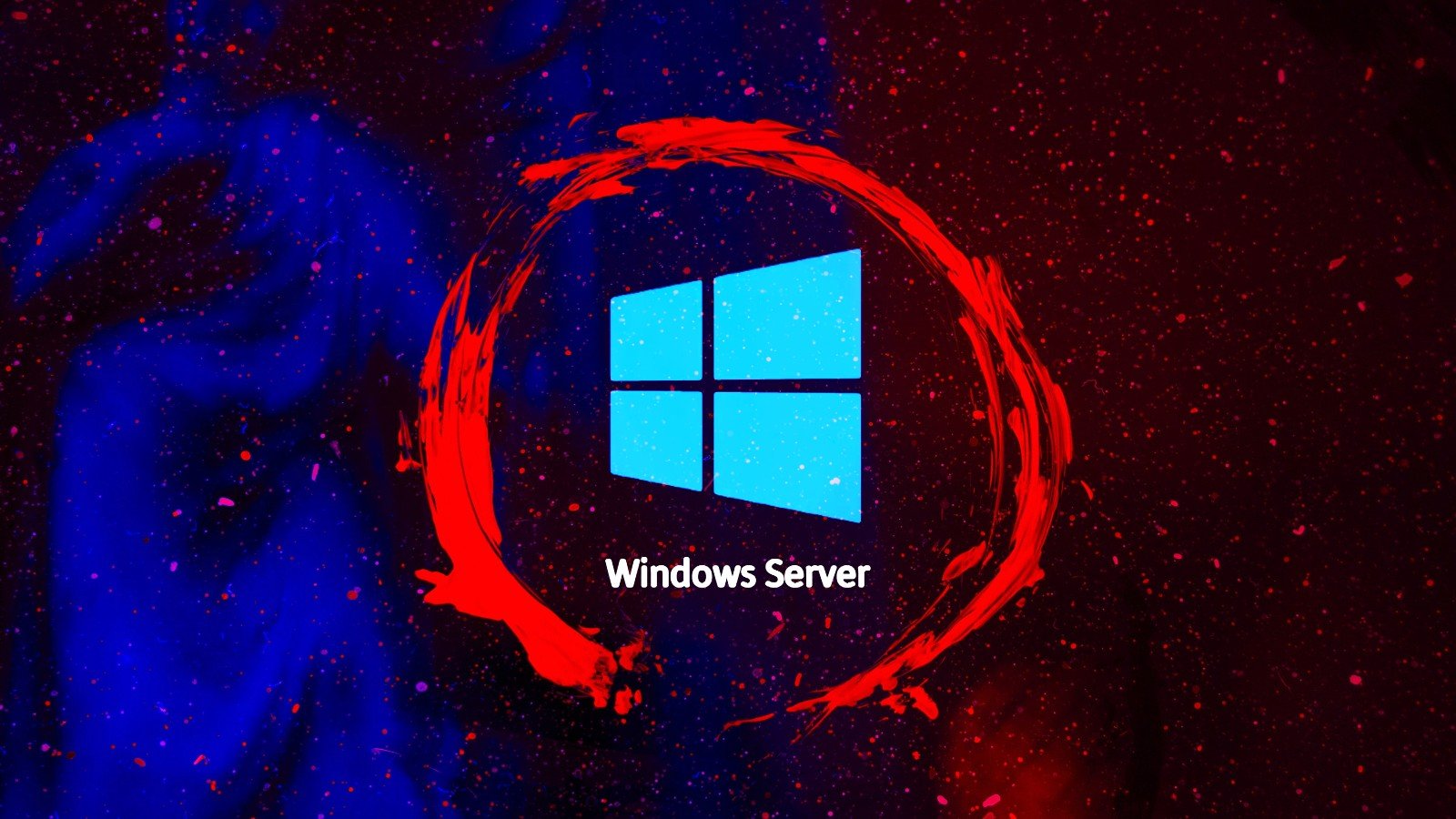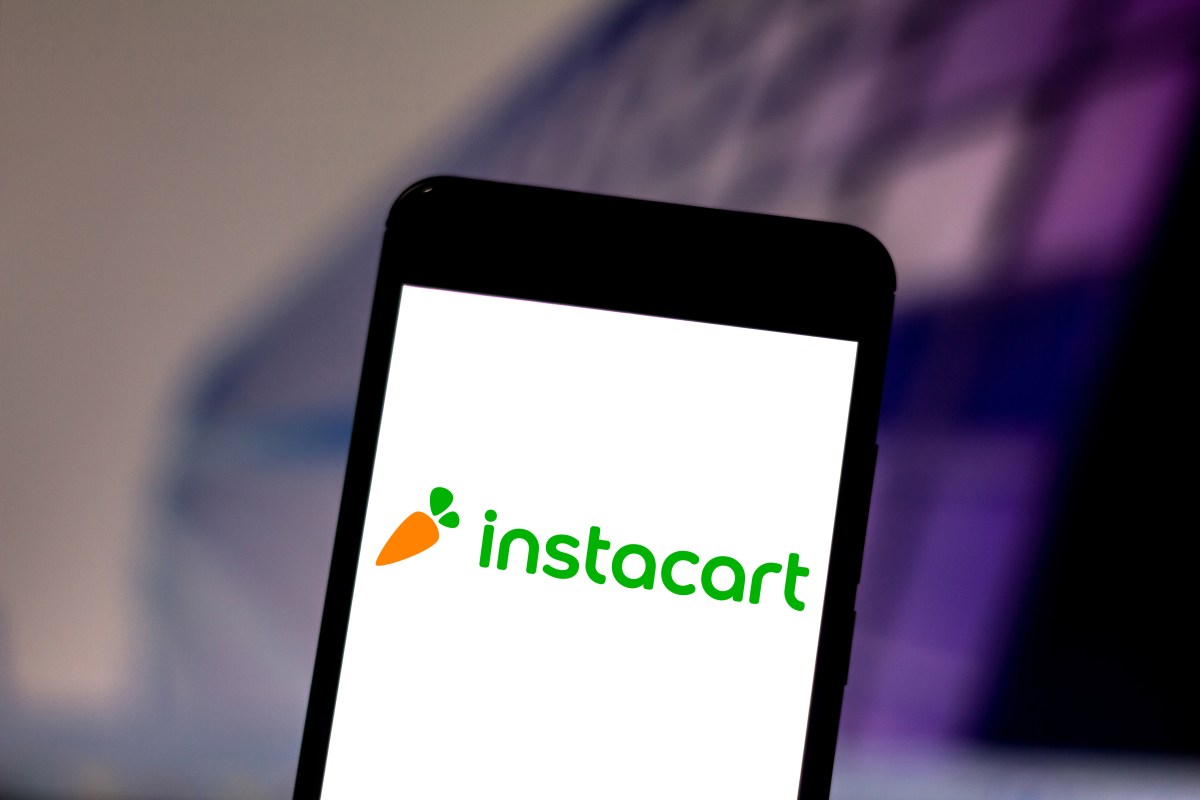Start-up Pebble, although unsuccessful in challenging Twitter, finds a renewed existence on Mastodon.
Pebble, a startup that unsuccessfully attempted to compete with Twitter, appears to have been revived as a Mastodon instance.
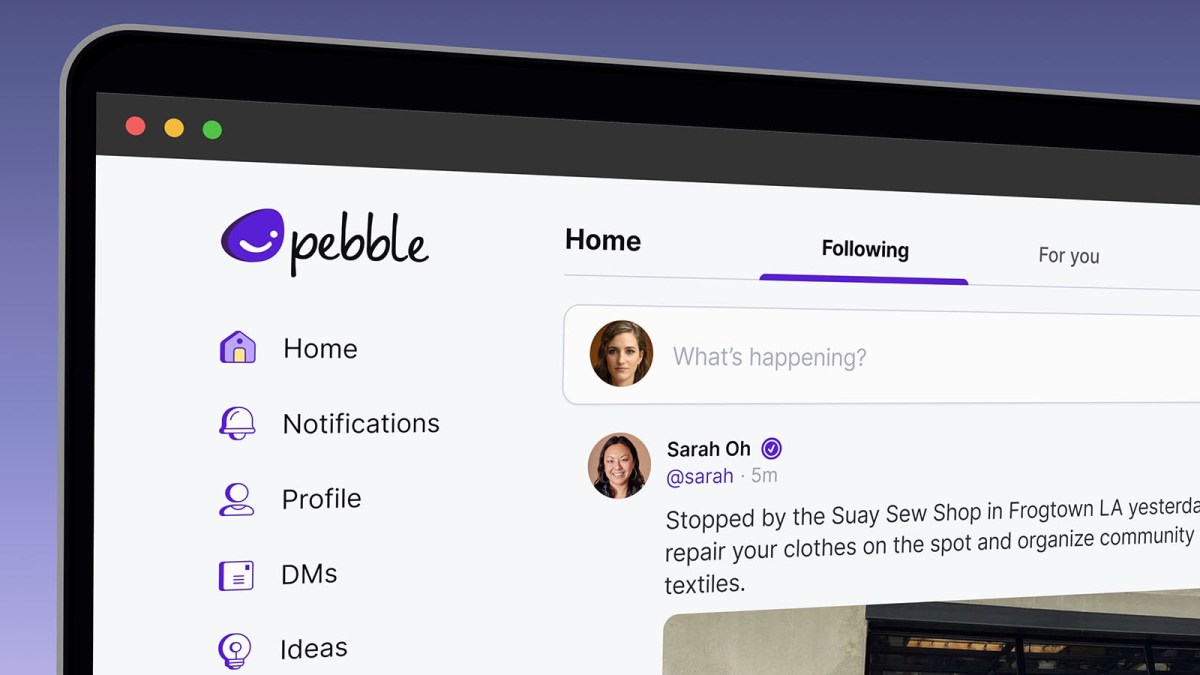
Pebble, a once-promising startup that aimed to rival Twitter, has surprisingly reemerged as a Mastodon instance. Last month, the company announced it was closing down its alternative platform to Twitter/X, citing a tough competitive market, X’s strong user retention, and its own struggles in attracting a broader user base. Despite initially steering clear of the decentralized network Mastodon, Pebble has now made a comeback, rebranding itself as a dedicated Mastodon server called pebble.social.
There was initial confusion about whether this new iteration of Pebble was an official move or a community-driven effort to keep the network alive. Despite showcasing Pebble's distinct branding, the details around the server's origins were unclear.
TechCrunch has since verified that Pebble's co-founder and CEO, Gabor Cselle, is behind this initiative, seeing it as a novel social endeavor. Importantly, Pebble’s community members are actively involved in moderating the server.
Cselle explained that the community's request led to the creation of both a subreddit and the Mastodon instance as a refuge for Pebble users post-shutdown. Following its launch on Mastodon, an influx of users migrated to the platform, including a user known as "Blobcat" (@[email protected]). Blobcat contributed a custom style for the Mastodon instance that mirrored Pebble's original design, leading to pebble.social adopting this new look and gaining a few hundred active users.
Cselle highlights this development as a testament to the strength of open-source communities. The server's style update and the implementation of blocklists to filter content and manage trolls from the broader Mastodon network were key steps in this transformation. Cselle, meanwhile, managed the formal closure of the original Delaware C-Corp that housed pebble.is.
Pebble, at its peak, boasted about 20,000 registered users but saw a decline to approximately 1,000 daily users following its rebrand from its interim name, T2. The startup had initially focused on closely mirroring Twitter's interface and features, including DMs and a verification system. However, its unique emphasis on trust and safety didn't quite capture the interest of potential users, falling short in convincing them to switch platforms.
Pebble had consciously chosen not to integrate with Mastodon or other decentralized networks, citing challenges in maintaining trust and safety on federated networks. Cselle had previously expressed concerns about the difficulty in moderating content across different servers, which could lead to a fragmented network.
Now, as pebble.social, the platform aims to explore social dynamics and community building within a federated environment without any ambitious business goals. This transition marks an interesting scenario where a startup's community endures even after the company itself has ceased operations.
Reflecting on this evolution, Cselle remarks, "It's good to see that the community finds value in this and that we had a real community on Pebble."





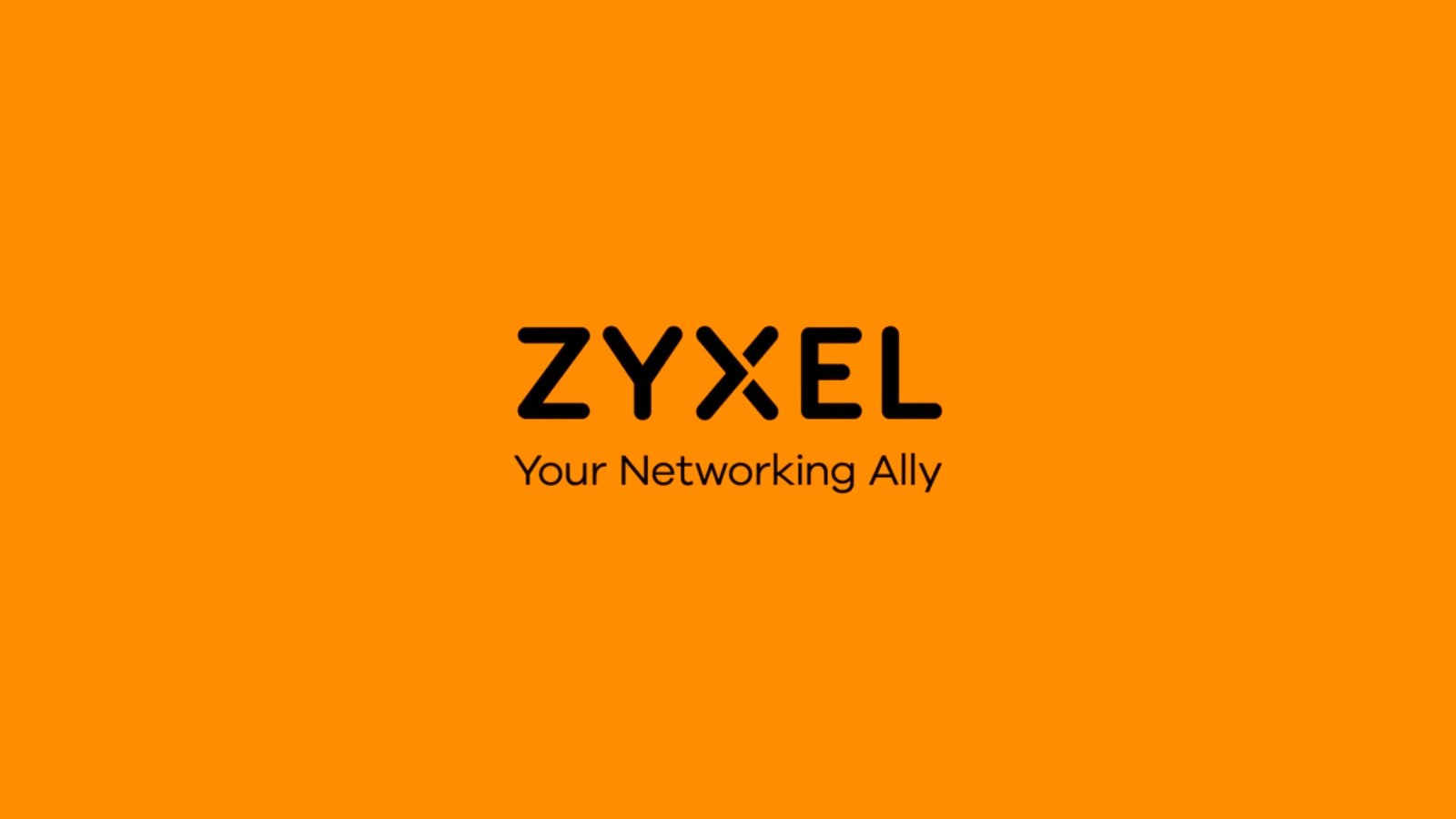















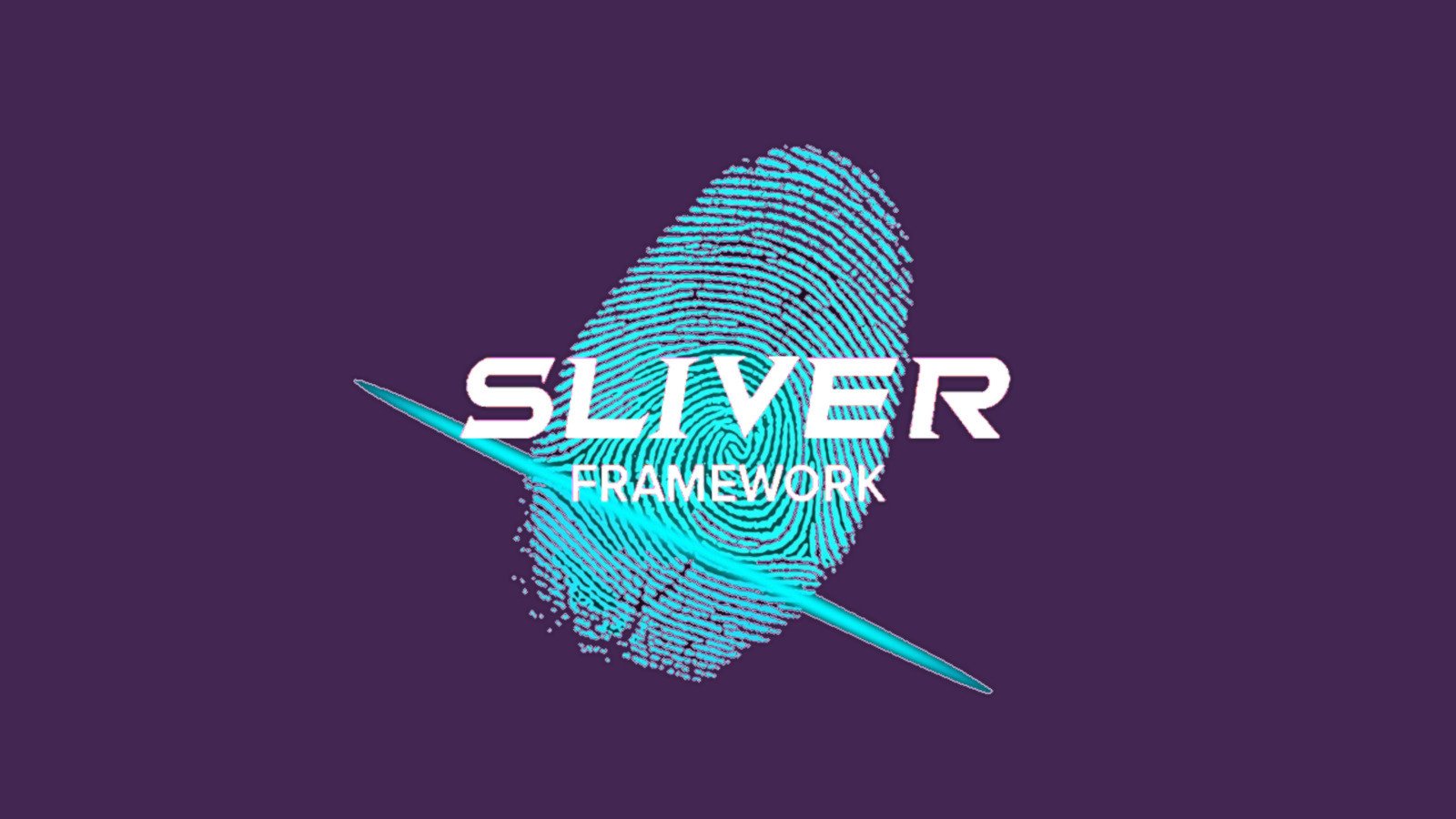
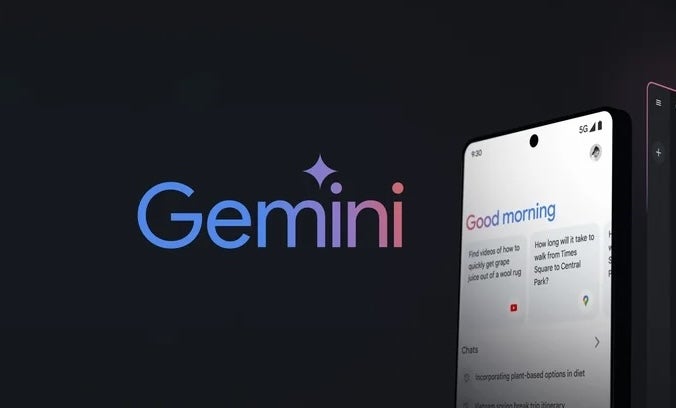

![Largest Data Breaches in US History [Updated for 2023]](https://nulld3v.com/uploads/images/202311/image_430x256_654e69df8d469.jpg)



